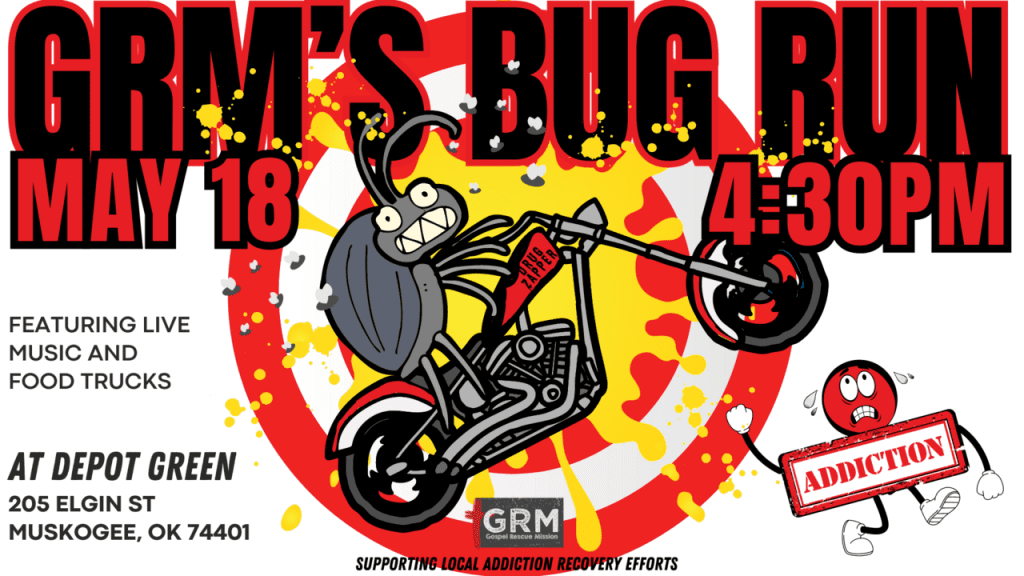
All of our efforts toward ending poverty must begin and end with the individual in need. Yes, there are many things that we must do as a society, but while we striving to make those things come to pass, we know that very real people are living and dying on our streets. Others are living way below a standard that most of us would find acceptable. We must start with the individual and get that person help, and then we can focus on society.
On one occasion an expert was stood up to test Jesus. “Teacher he asked what must I do to inherit eternal life?” -Luke 10:25
Jesus responds with one of the best known and least understood of all his parables. The story of the Good Samaritan has become a rallying cry for many who would want to come together to help the hurting, the lost and the forgotten. The critical task that Jesus gives in this passage is that we must do something. Over the years I have been in multiple church services in a wide array of denominations and often there is a time of prayer and or a message that tells us that God loves the poor. Too often these messages are met with polite nods, a smile and a look at the watch to determine how long we need to wait until we get to the buffet.
If one of you says to them, “Go in peace; keep warm and well fed,” but does nothing about their physical needs, what good is it?
-James 2:16
Action is what impacts lives. Many cannot and will not hear a message of salvation because their stomachs are growling too loudly or they are shivering too much from living out in the cold. Jesus encourages us, even goads us to step up and take the risk to serve those who are in poverty.
Through words and actions what we must communicate with those in poverty is that God sent His only begotten Son to earth and then Him (Jesus) living obediently even to death on the cross and then being raised from the dead to get us a shot at paradise. But what happens to us when we accept that truth? If it does not change us; was it real? Jesus made the point that salvation should so overwhelm us that from deep within wells a feeling of compassionate action that impacts those around us. The action does not get us into Heaven. The action comes from within us like the tiny stream in Minneapolis that ultimately becomes the Mississippi. Jesus starts this process and journeys with us through the process. Along the way He will introduce us to people who will shape us and change us and help us to see Him more clearly. This is the quest of the man or woman of God.
If the man or woman of God would rise to the occasion than the church would be seen in all of its glory and society would be better. Instead the church of today builds big buildings, develops great programs, entertains the masses and then pats itself on the back. Consider an alternate version of Acts 2 that is played out in many churches today. If you remember, in Acts 2, the apostles are all in the upper chamber and the Holy Spirit comes upon them all. A great worship service happens as the Holy Spirit shows up, prophesies and truth is spoken. In the original story they tell the truth to the people who gathered because of the sounds coming from the upper room. Over 3000 are saved that day, most of which did not come to the church service and did not intend to be a part of the events of the day.

But consider this version, the service goes on and the people gathered in the upper room are touched and blessed. Afterwards, they all rush out for a nice lunch and an afternoon of watching football. Over the next several years people who were at the service chat about that great service way back when. What a waste that would have been. We should gather in our churches, be refilled with the Life of Christ and then expend all ammo to share the Gospel with this world; when necessary use words.
Better yet, consider the following. What if the man or woman of God took Jesus’ model of the Samaritan seriously and rose up in compassionate action? While Jesus said that the poor will always be among you, He did not mean that people would always be homeless. He meant that not all would be believers, remember the poor in spirit? There will be the downtrodden, the hurting and the confused within the body of Christ. Those are the poor. Let us take compassionate action.
The Original Model for Ending Homelessness
“Who is my neighbor?” Maybe the question was asked to limit the scope of who needed to be helped. For others maybe it was a very real question. Should we help anyone and everyone?
Curiously, Jesus searched the faces of those around Him. Some were focused and hanging on whatever words that He might use next. Others were just passing by and seemed to hardly notice that He was even there. Others were obviously watching very carefully hoping to catch Him in something that He might say that they could use to bring Him down. Friends and enemies were all around Him as He carefully chose what story He would use to illustrate His next point.

“A man was traveling on the road to Jericho. Along the way robbers attacked him, stole what he had and left him for dead.” The crowd nodded. Most had heard about bandits along that road. Some considered how foolish it would be to go along that road alone. Others waited for the story to continue.
“While the man lay there bleeding, a priest happened by and passed by on the far side of the road.” This made sense to many of the crowd. If a priest were to touch this man and if the man died, the priest would not have been allowed to participate in the sacrifices. “With the priest far up the road a Levite also happened by and saw the wounded man. He too passed by on the far side of the road.” This also made sense to the crowd. Levites were focused on duty and did many unpleasant tasks. He too would have been rendered unclean should the wounded man die on him.
“But along came a Samaritan who saw the wounded man and had pity on him. His heart broke as he surveyed the damage on the man. Reaching into his bag he pulled out some oil and wine and used them to begin cleaning the wounds. A short conversation ensued but little the wounded man said made sense. The loss of blood was getting to his brain. Ripping his own clothing, the Samaritan worked to stop the bleeding improvising bandages and putting them in place. By the time he was done the Samaritan was a mess. He had dirt and dried blood all over him. Using a piece of cloth that was on his donkey he wiped his hands as clean as he could get them. Quickly, the Samaritan laid the man across his donkey and took him to an inn. At the inn he cared for him. A thought simmered in his head that he needed to get his business done so he paid the inn keeper to care for the man. He let the inn keeper know that he would be back and would pay him for any extra expenses. The inn keeper happily agreed.”
Jesus looked around at the crowd. Several were still showing the shock of a story where a Samaritan was the hero. How could that be? Samaritans were traitors and half breeds. But Jesus did not care for their racism and hate. “Who was the neighbor to the wounded man?”
The only answer that anyone had was to say that it was the Samaritan. “Go and do likewise.”
This story has been the lynch pin for the social Gospel. How can we hear the heart of this story and not long to be the Samaritan? Oh I want to be the hero that works to rescue the hurting man! But how often do I fail like the priest and the Levite? I choose duty. Responsibility is right and good. If I stopped and helped every needy person between my home and work I would rarely make it to work. How often do I become annoyed when traffic stops because someone’s car has broken down instead of pulling over, getting out and helping? It would only take a few moments. It would feel good and I might actually get home faster. But I would be inconvenienced. I might get dirty. But maybe that is the point of Jesus’ story. His great grandfather David told the men around him that he would not present a sacrifice that cost him nothing. Helping people will get you dirty. It will make you tired. It will cost you something. But it seems to me that taking some time is loving your neighbor.

What is clear in this story is the definition of who is our neighbor. Anyone who is hurting, lost, confused and hurting is our neighbor. This includes people of different faiths, different cultures and different nations. Based on other portions of Scripture this also includes our enemies, people who would like to hurt us and people who would like to knock us down. There is no thought by the Samaritan about the morality of the man. All he saw was that there was a man in need and bent down took time and helped the man.

What is not as clear is what does it look like to love your neighbor? Let us look at some of the basic patterns of this challenging expression of love.
- He came to where he was (Luke 10:33)
- He saw the man (Luke 10:33)
- He had compassion (Luke 10:33)
- He went to him (Luke 10:34)
- He bandaged his wounds (Luke 10:34)
- He brought him to an inn (Luke 10:34)
- He set him up for future success and left him (Luke 10:35)
Join us for next week’s blog where we will examine each of these areas.



